5 White Wine Substitutes That Still Add Depth
White wine substitutes have rescued countless recipes when an empty bottle ruins dinner plans.
Facing the dilemma of a missing crucial ingredient during special meal preparation is a common kitchen challenge.
This common kitchen emergency leaves people scrambling for alternatives that can still deliver similar flavors and cooking properties.
Surprisingly, several household staples can effectively mimic the acidic brightness and depth that white wine brings to dishes.
The right replacement depends largely on what dish someone is making, as different recipes demand different flavor profiles.
Most alternatives work because they replicate either the acidity or the subtle sweetness that white wine contributes.
Professional chefs actually keep multiple substitution options in their arsenal for various cooking situations.
These clever replacements might transform how you approach cooking when certain ingredients aren't available.
Why Substitute White Wine?
There are several reasons you might want to substitute white wine in recipes, from practical kitchen dilemmas to health and lifestyle choices, and knowing your options helps you cook confidently and creatively no matter the situation:
Best White Wine Substitutes for Cooking
White wine alternatives for cooking keep sauces bright and balanced while enhancing depth. Herb and spice notes still shine. Check out the swaps that might surprise you.
White Wine Vinegar
Substituting white wine in recipes becomes simpler with white wine vinegar, which captures those fruity grape flavors without any alcohol content.
Many cooks appreciate this alcohol-free alternative when preparing dishes traditionally made with dry white wine.
The higher acidity level in white wine vinegar means you should reduce the amount used in your recipe for best results.
For a better balance, try diluting it with equal parts water to achieve a pH closer to actual white wine.
After this adjustment, the substitute works wonderfully in any dish calling for white wine, from risottos to light cream sauces and marinades.
Chicken Or Vegetable Stock
Substituting stock for white wine adds amazing depth to your cooking, with both chicken and vegetable varieties bringing rich umami flavors to dishes where alcohol isn't wanted.
These flavorful liquids, made by simmering meat, bones, vegetables or seafood in water, work perfectly in equal amounts to replace wine in most recipes.
Many people appreciate how these alternatives accommodate both vegan and non-vegan preferences without sacrificing taste quality.
Stock brings its own character to dishes, though it's worth noting that some versions contain salt which might change your recipe's overall seasoning profile.
White Grape Juice
Substituting white wine with white grape juice makes perfect sense because they come from the same source and share similar fruity profiles and colors.
This alcohol-free alternative can be used in equal measurements for cooking, making it an excellent choice for those avoiding alcohol.
White grape juice tends to be a bit sweeter than most wines, so it works wonderfully as a replacement for sweeter white wine varieties in your recipes.
For dry white wine substitutions, a simple addition of lemon juice or vinegar helps balance the sweetness and creates a more accurate flavor match.
Many people find this swap particularly useful for family meals when they want to avoid alcohol completely while maintaining the complex flavors that wine brings to dishes.
Lemon Juice
Substituting white wine in recipes can be incredibly simple with fresh lemon juice, which delivers that essential tangy flavor and acidity your dishes need.
For best results, just mix equal parts lemon juice and water since pure lemon juice packs a stronger punch than wine does.
This alternative works wonderfully in marinades where you want to tenderize meat or vegetables while adding bright flavor notes.
Many people appreciate having this non-alcoholic option readily available in their kitchen when they're out of wine or cooking for someone who avoids alcohol.
The vegan-friendly nature of lemon juice makes it an excellent choice for plant-based meals that traditionally call for white wine.
Apple Juice
Substituting apple juice for white wine can save your recipe when you find yourself without this common ingredient.
The distinct sweetness and light color of apple juice makes it a convincing stand-in, especially since it contains natural acidity that mimics wine's flavor profile.
Simply use equal amounts of apple juice in place of the white wine called for in your recipe.
For even better results, adding a small splash of vinegar to the juice can enhance its acidity and bring it closer to wine's complexity.
This swap works best in recipes requiring only small amounts of white wine, as larger quantities may allow the apple flavor to become too dominant in your dish.
How to Adjust Acidity and Sweetness Without White Wine
When replacing white wine in your cooking, it’s important to balance acidity and sweetness so your dishes still turn out flavorful, bright, and well-rounded. With a few clever swaps and adjustments, you can keep the taste and texture just right:
White Wine Substitutes: Reader Q&A
1. Are there non-alcoholic alternatives to white wine for cooking?
Absolutely, chicken or vegetable broth, white grape juice, or apple juice provide flavor and moisture without alcohol.
2. Can I use vinegar instead of white wine in sauces?
Yes, dilute white wine vinegar with water and use sparingly for acidity. Too much can make a dish too tangy, so start small.
3. What’s the best white wine substitute for seafood dishes?
Diluted lemon juice, seafood stock, or a light vegetable broth work well in seafood recipes calling for white wine.
4. Will substitutes work in both savory and sweet recipes?
Yes, just adjust the amount and balance of sweetness or acidity depending on whether you’re cooking savory dishes or desserts.
5. Are white wine substitutes suitable for gluten-free or vegan diets?
Most broths and juices are naturally gluten-free and vegan, just check packaging for additives if allergies are a concern.
6. Can I use water as a last resort substitute for white wine?
Yes, water will keep the dish moist, but you may want to add a splash of lemon juice or broth for extra flavor.
7. How should I adjust other ingredients when using a substitute?
Taste as you go, reduce added sugar if using juice, or add a pinch more salt or herbs to boost flavor if needed.

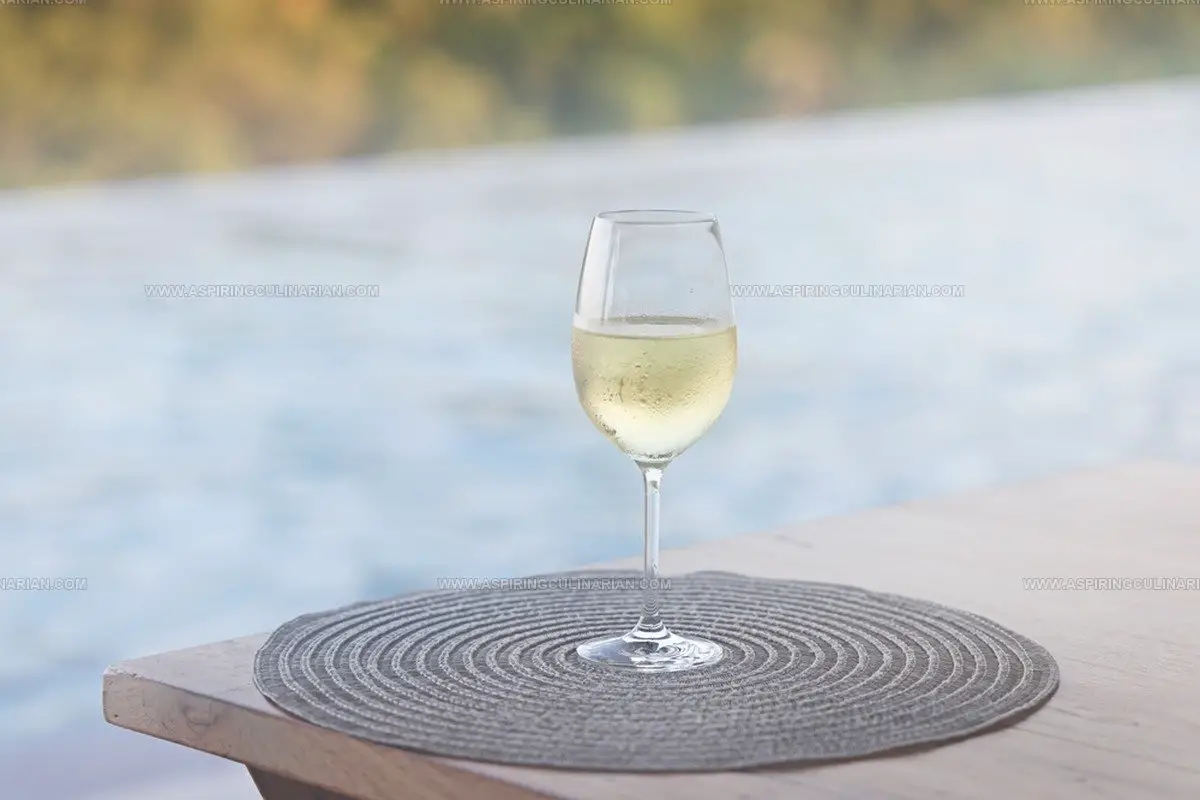
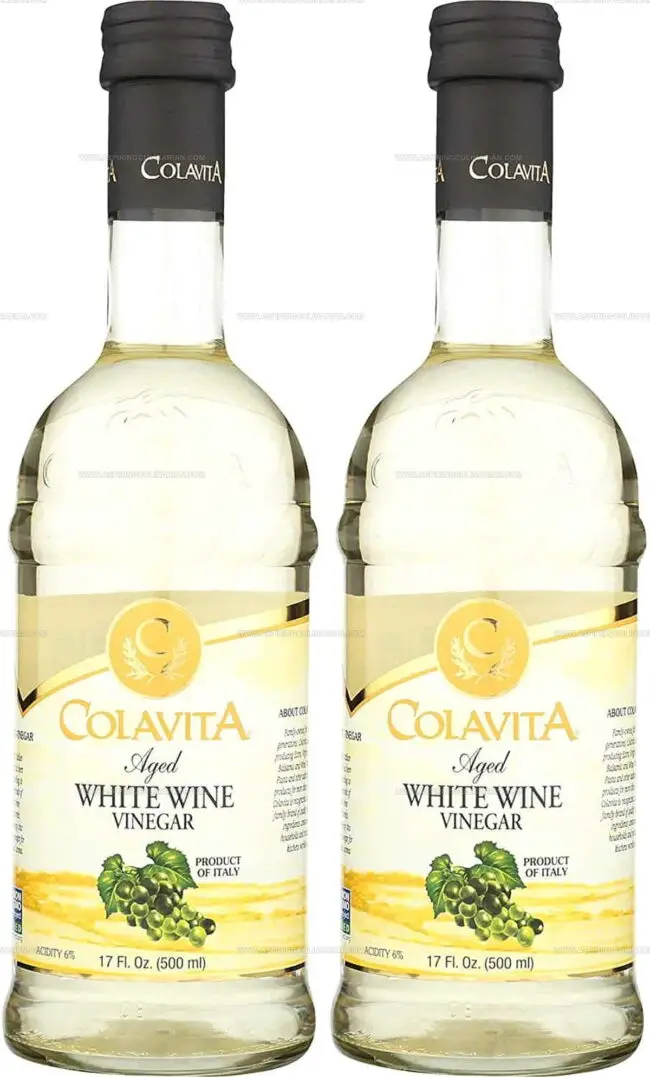
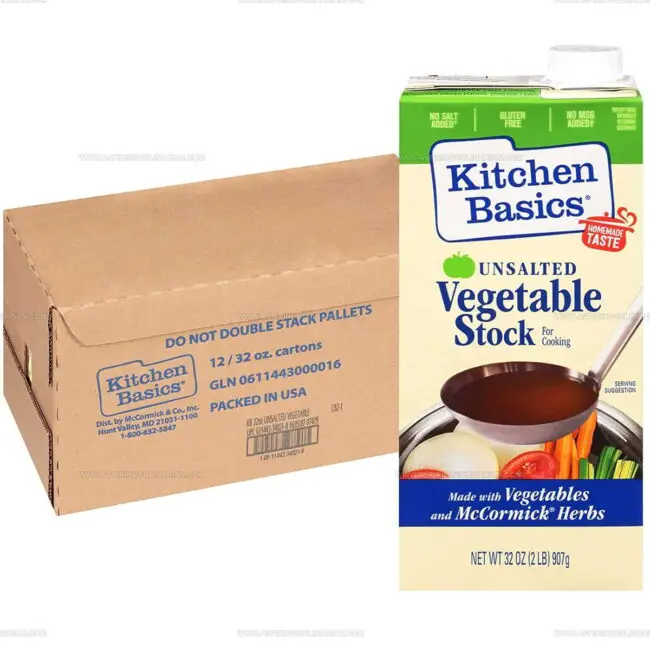
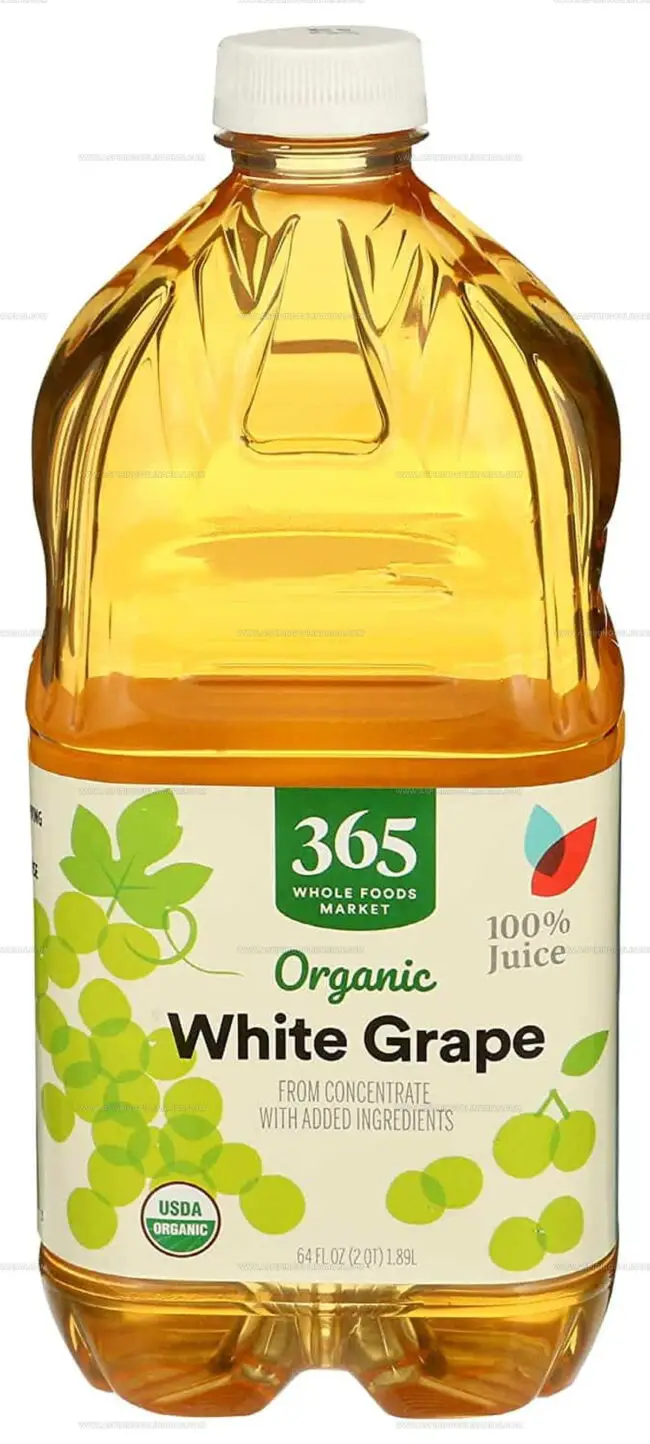

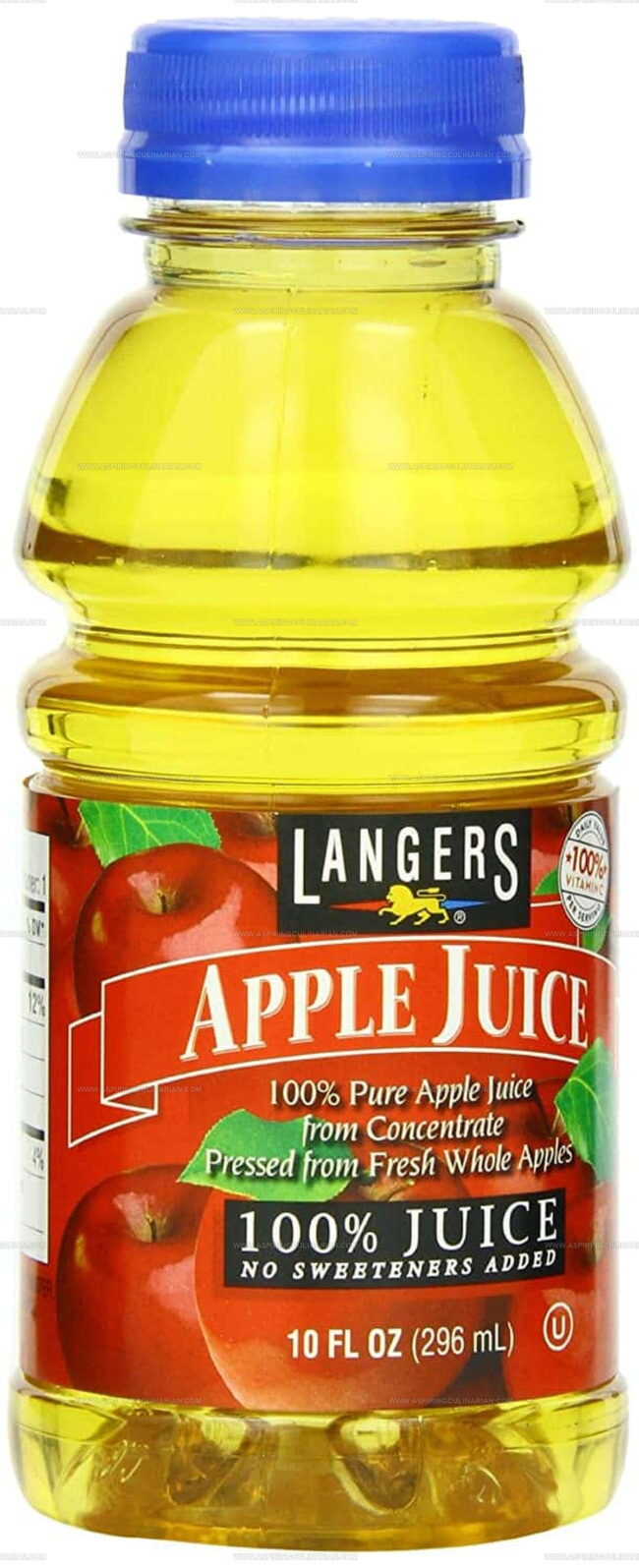
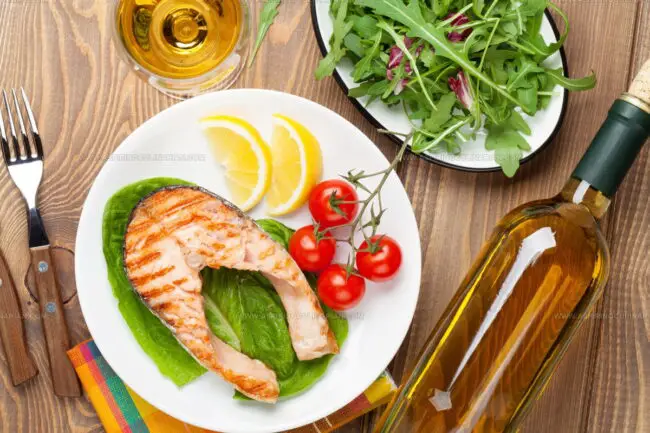
Nathaniel Brooks
Founder & Recipe Developer
Expertise
Farm-to-table cuisine, Seasonal recipe development, Culinary storytelling
Education
Ivy Tech Community College – Indianapolis, IN
Culinary Arts / Hospitality Administration & Events
Focused on hands-on training in classical and modern culinary techniques.
Nathaniel’s story starts in the foothills of the Appalachian Mountains, where farm stands, backyard gardens, and old family recipes shaped his love for real food. After graduating from Ivy Tech Community College in Indianapolis, he spent years working in farm-to-table kitchens, learning how to turn local, seasonal ingredients into something memorable.
Today, Nathaniel pours that same spirit into every single recipe on Aspiring Culinarian – recipes that feel real, comforting, and connected to the land. When he’s not in the kitchen, you’ll find him foraging wild herbs, chasing sunsets with his camera, or writing about the flavors that shaped his roots.